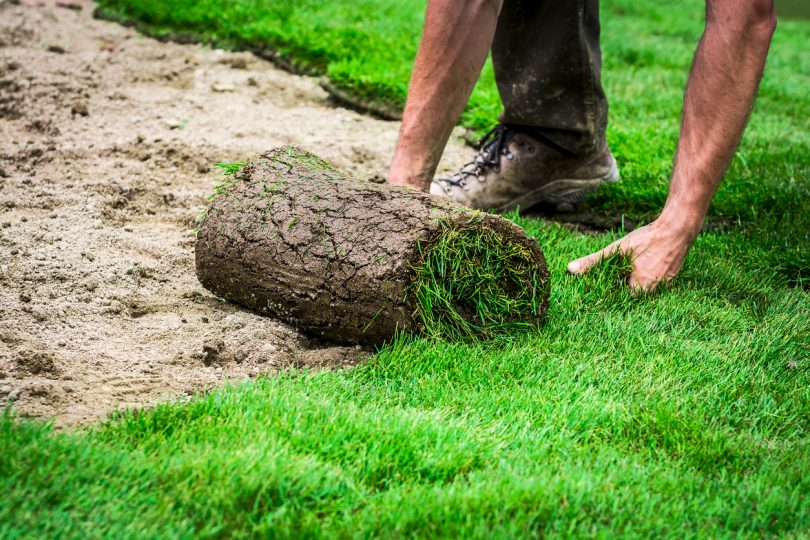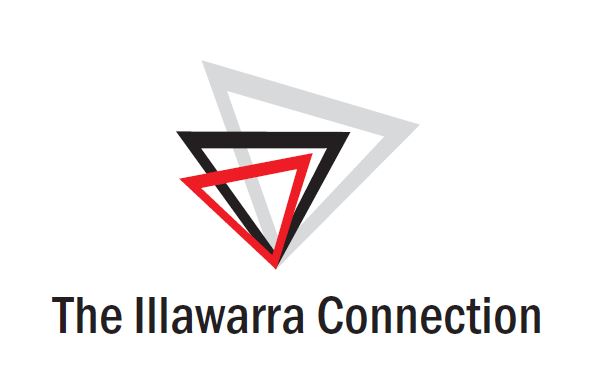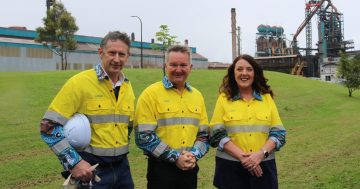
It can be tricky to tell the difference between what’s real and what’s fake online – just like with lawn, you have to check out the roots. Photo: File.
Can you tell the difference between grassroots and ”astroturf” information on your community Facebook page?
“Astroturfing” is a particularly underhanded type of disinformation, so-called because it is designed to look like a grassroots movement.
Dr Michael Jensen, Associate Professor at the University of Canberra and National Security Hub co-convener, studies disinformation for a living.
He says while social media is the ideal environment for astroturf campaigns to flourish, they’ve been around for much longer – since the 1980s.
“Ideally, an astroturf campaign gets the community on board, and once that happens, disinformation is much harder to identify,” Dr Jensen said.
Groups from the KGB to fossil-fuel companies have been caught instigating astroturf campaigns, but the disinformation can be so persuasive, and pervasive, that once the inauthenticity of the campaigns is uncovered, the cause has already been enthusiastically adopted by unwitting community members.
Wind farms have historically attracted disinformation campaigns in Australia, and the proposal for turbines off the Illawarra coast has attracted plenty of opposition.
In a bid to sort fact from fiction, Region took a look at how the debate was unfolding online.
We traced most of the arguments against the turbines to the No Offshore Wind Turbines Illawarra website.
The website doesn’t provide any information about who is responsible for building it, although it is quite extensive and includes plenty of hyperlinks and graphics.
It doesn’t provide any option to contact the creator, either.
Without any information about the creator, it’s difficult to evaluate the site’s legitimacy, so we reached out to Dr Jensen, who used specialist software to investigate where it might come from.
He came back stumped.
After examining the website’s content, he said it raised several red flags for him.
“There are a lot of directions to start off with and less factual information about wind turbines,” he said.
“It urges the reader to act, rather than develop an informed view.
“When you are focused on cues to do this or that, it anaesthetises our brain’s ability to think critically.”
One tactic used in astroturf campaigns is known as information laundering.
“Information laundering is a lot like money laundering – you have something illicit and you want to hide its origins,” Dr Jensen said.
“With information, instead of buying a heap of chips at a casino, you give it a veneer of legitimacy by using voices which look respectable or accepted in the community you’re trying to convince.”
There have been instances of information laundering in the online debate around offshore wind farms in the Illawarra already, however.
Last year, Wollongong resident and editor-in-chief of respected scientific journal Marine Policy, Professor Quentin Hanich, was surprised to see an online article linking offshore wind farms to whale deaths.
Surprised because the article looked like it came from Marine Policy and he had no recollection of it.
“I looked through our database, and this paper does not exist,” he said.
“It was never published by us, it was never submitted to us, and there is no scientific evidence that wind farms affect whales.”
The fake paper was likely produced by AI, and although it has been taken down, the damage has been done.
“In this instance, the people who created it were just unlucky that the editor of a global academic journal happened to live locally,” Prof Hanich said.
“It used a real university, a real scientific journal and the names of real academics. That’s going to deceive most people.
“Even though it’s been taken down, it’s done its job and sown doubt.”
Prof Hanich said you didn’t need a degree to develop an eye for these manipulative tactics.
Disinformation campaigns tend to use emotive language – they don’t like to engage with the messy nuances that make up our world.
Region contacted the now-umbrella group for offshore wind farm opposition in the region, Responsible Futures, but spokesperson Alex O’Brien could not provide any information about who made the ”No Offshore Wind Turbines Illawarra” site.
Alex was adamant his group was an apolitical, independent organisation made up of local community members.
“We remain alert and sceptical about the potential influence of astroturfing and the necessity to critically assess the information presented on such platforms,” Alex said.
“Our commitment lies in upholding the integrity of our campaign against offshore wind farms in the Illawarra, and we will persist in unmasking any attempts to sabotage or discredit our efforts.”
Region also contacted Good For The Gong, a local group supporting renewable infrastructure.
The group’s political affiliations are out in the open, with members of the Labor Party and the Greens showing public support.
They also emphasised their commitment to facts-based debate.
So if the local groups on each side of the debate want to stick to the facts, who could be muddying the waters?
Dr Jensen said there were a couple of potential interests at play in the development of such significant infrastructure.
“If a fossil-fuel company tries to frame opposition to wind turbines as an environmental issue, that’s not going to be seen as a legitimate claim, it’s probably not going to win politically,” he said.
“If it’s a bunch of people who say, ‘Look, we live in this community, we like the views and turbines would really degrade the ability for people who live in the community and tourists to enjoy it’, you can shift the conversation.
“Alternatively, I did a study on a 5G submission to Parliament a few years back that got a large number of submissions parroting various conspiracy theories.
“When I dug into the language and used computer matching techniques, it matched Facebook groups that trafficked Russian propaganda.
“If you can convince other countries not to go forward with important tech innovations, that hurts their economy and ability to grow.
“It’s troubling and it’s pretty pervasive.”
So pervasive that Cunningham MP Alison Byrnes, who supports the wind turbine project, worries the real issues are being lost in the noise.
“This is an important discussion for our region, for our local economy, for our future generations and for our planet,” she said.
“I have been disappointed that much of the conversation has been taken over by pseudonyms peddling harmful misinformation and sowing seeds of doubt as to how we tackle these challenges.
“Of course, we have to do environmental studies and every project needs to stack up environmentally, but some of the misinformation about whales has just stunned me.”









